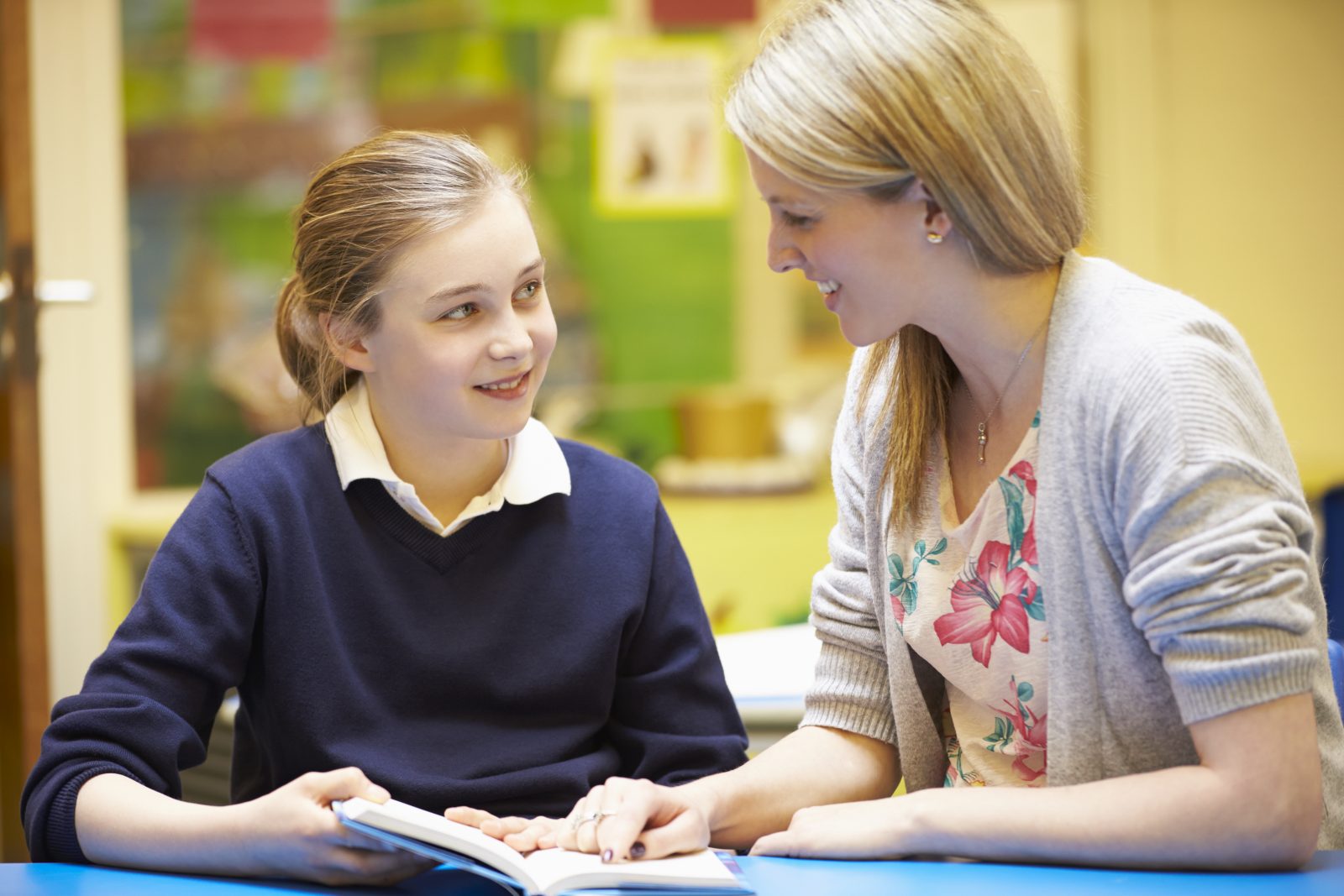
Since Prince George started at Thomas’s Battersea, a co-educational London prep school, in autumn 2017, the British media have been wondering – what’s next?
Will the youngest heir to the British throne follow in the footsteps of his father and uncle, Princes William and Harry, who both went to Eton College? Or will he attend a co-educational school, such as Marlborough or Brighton College, like his mother, the Duchess of Cambridge?
Single-sex schools continue to lead the league tables
Recent research published by the London School of Economics (LSE) in 2017 has shown the link between the school choice and the career of a child further down the road. It turns out that those who have graduated from one of the nine oldest English public schools (Eton, Harrow, Westminster, St Paul’s, Winchester, Charterhouse, Rugby, Shrewsbury and Merchant Taylors) are 94 times more likely to become part of the most influential people of the country, compared to other school leavers. It should be noted that schools of the ‘big nine’ do not always lead the league tables in terms of academic performance. However, they offer something crucial for any modern leader: broad horizons across a variety of subjects, impeccable manners, confidence and psychological stability. Interestingly enough, to this day half of these schools remain all boys’ schools.
Whilst the tradition of the oldest boys’ schools goes back to the 14th and 15th centuries, it was not until the mid 19th century that the first British girls’ schools opened their doors – up until that point, girls were usually educated in a domestic environment. Since the mid 20th century quite a few of the traditional all boys’ schools, such as Highgate, Marlborough College, Rugby, Westminster and King’s School Canterbury, have become fully co-educational or have begun to accept girls into the sixth form.
Nevertheless, single-sex education continues to thrive in Britain, proving its strengths time and time again: the first places in The Times league table are all occupied by single-sex schools. Studies suggest that this has to do with the physiological and psychological differences in the learning processes of boys and girls. Small classes (16-20 in all boys’ classes and 20-25 in all girls’) foster better focus and discipline. Janette Wallis, senior editor of The Good Schools Guide adds that the reason single-sex schools rank higher has to do with their reputation of simply being “fabulous schools”, which leads in turn to a particularly selective application process.
Girls do better in all girls’ schools
The annual publication of senior school GCSE results shows very clearly that girls in a single-sex environment perform better than their counterparts in co-educational schools.
According to Caroline Jordan, president of the Girls’ School Association, all girls’ schools instill confidence in their pupils, encouraging girls to “explore subjects that are typically thought of as ‘male’, such as maths, physics, programming, sciences and engineering”. These subjects in particular require a differentiated pedagogical approach: while boys tend to actively engage in problem-solving in a competitive environment, girls often prefer quiet group discussions and tend to observe before they act.
“Girls usually mature more quickly and the disciplined environment in an all girls’ school allows for a better focus and nurtures faster academic achievements”, agrees Bruton Lloyd tutor Sachin and former teacher at one of the leading girls’ schools of the country, Notting Hill and Ealing. “If a girl wants to specialise in science or economics, a single-sex education in an all girls’ school might be the better choice”, says Sachin.
Learning and socialising
Even if a child attends a single-sex school, there are plenty of opportunities to socialise with the opposite sex. Most single-sex schools collaborate with their respective brother and sister schools, offering joint extra-curricular activities and organising get-togethers or drama performances.
Which school to choose?
Most British educational experts agree that a child’s potential can be realised in a co-educational or a single-sex school. More importantly, the school has to suit a child in terms of atmosphere, personal interests and academic requirements. This is why Bruton Lloyd assesses and interviews every child to determine their academic abilities and get a feel for their personality prior to recommending suitable British schools.
It is possible that a small, all girls’ school will provide the right environment for a shy, introverted girl, while allowing her to hone her skills and abilities to become a confident young woman in a few years’ time. On the other hand, a co-educational school with a broad range of subjects and sports opportunities might suit an extroverted sports lover with a tendency to get distracted and strongly pronounced leadership qualities. This kind of fast-paced environment would help him to expend his energy and find what suits him best in a group of like-minded peers. And an introverted, non-athletic maths enthusiast could develop his natural abilities in an competitive environment in an all boys’ school with a strong focus on maths and science, stretching him academically for optimal results.
And what does the future hold for the youngest heir to the British throne, Prince George? Will he keep the royal tradition or set a new trend? We shall see.